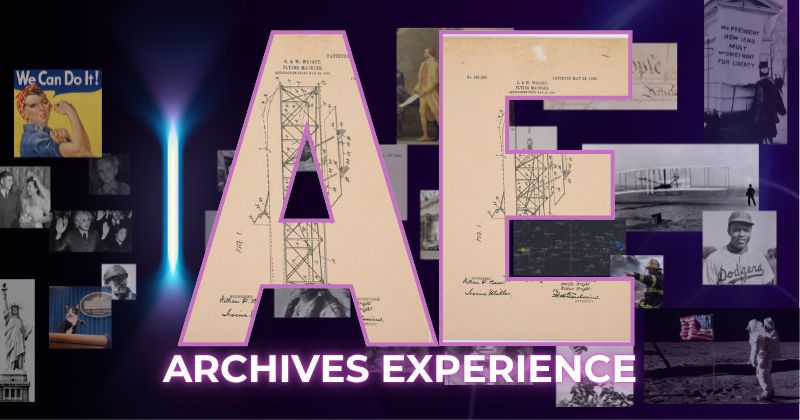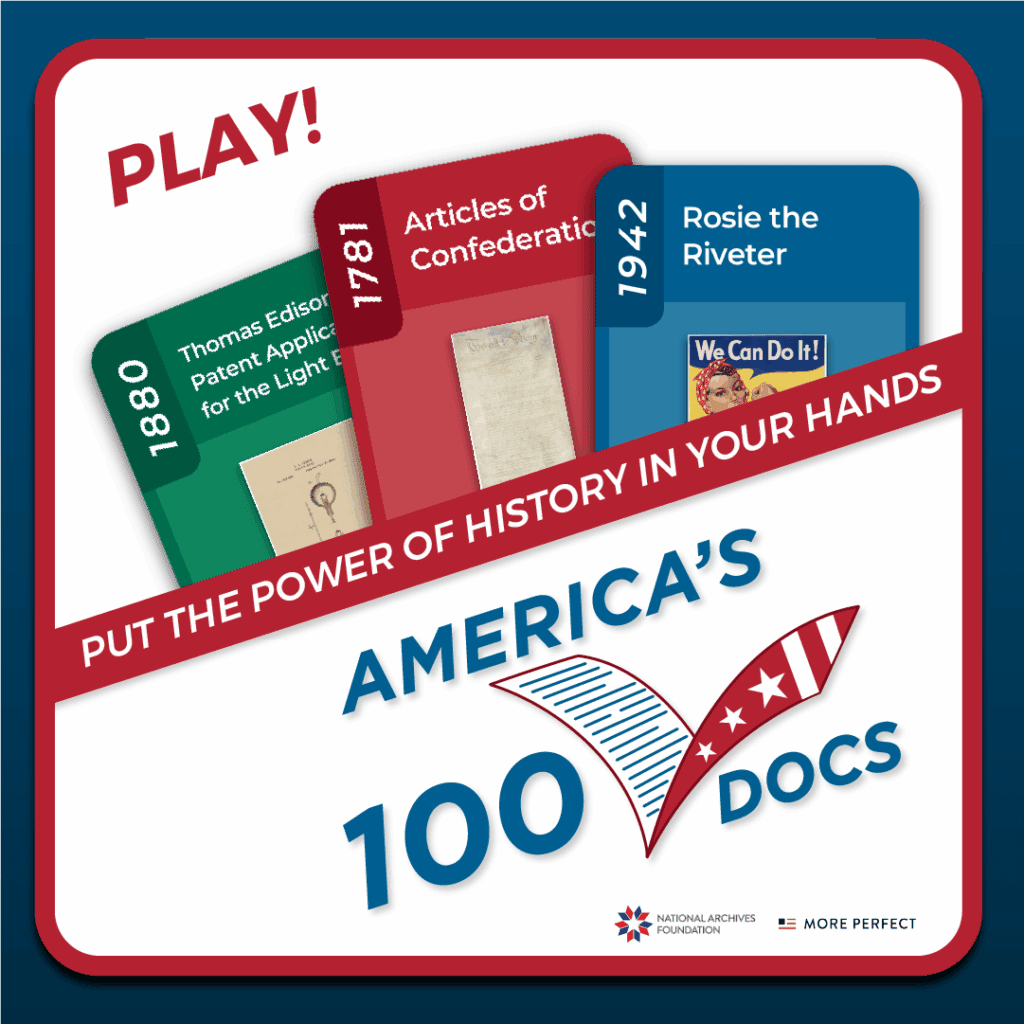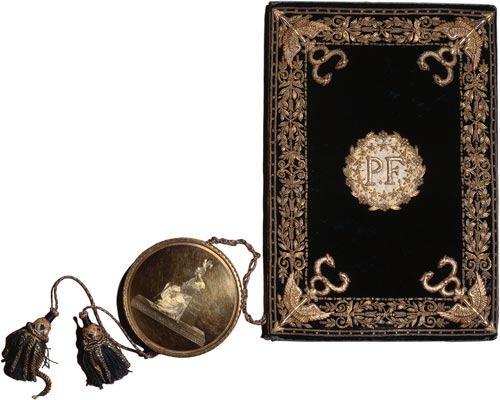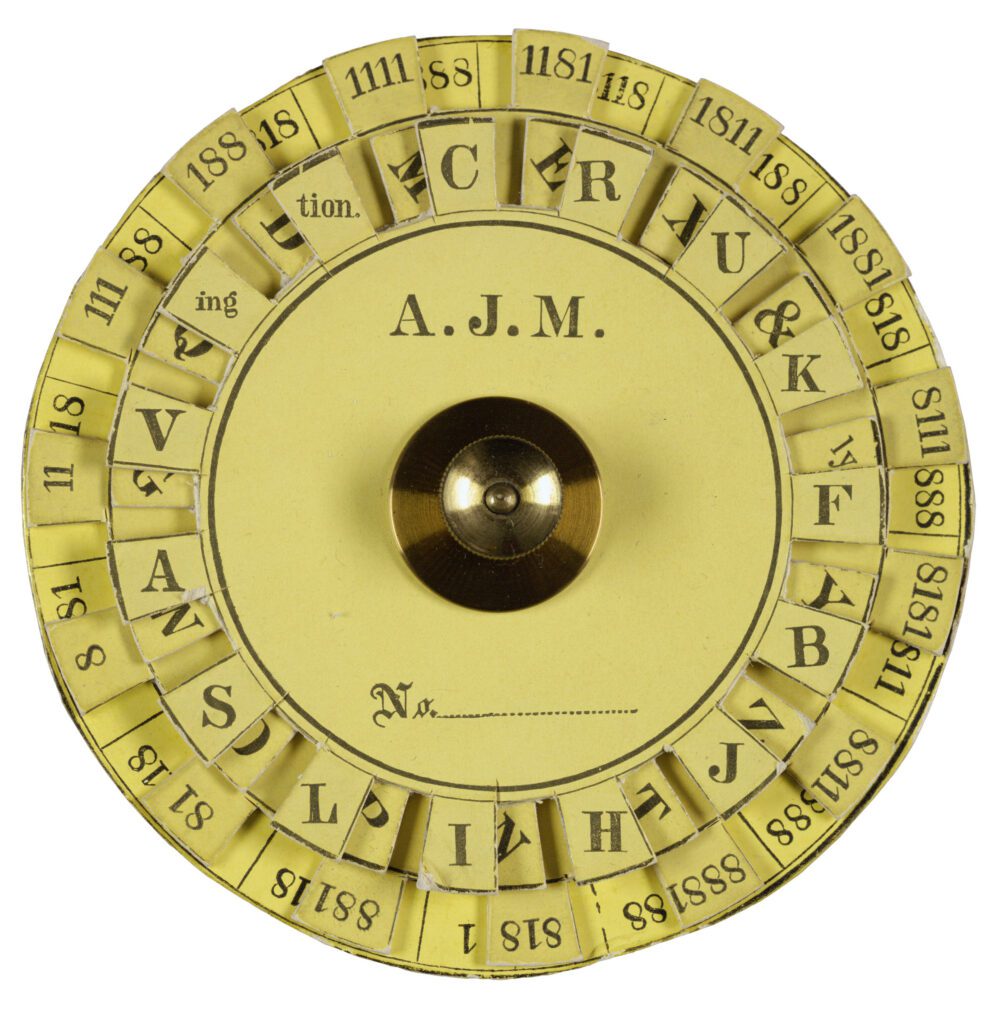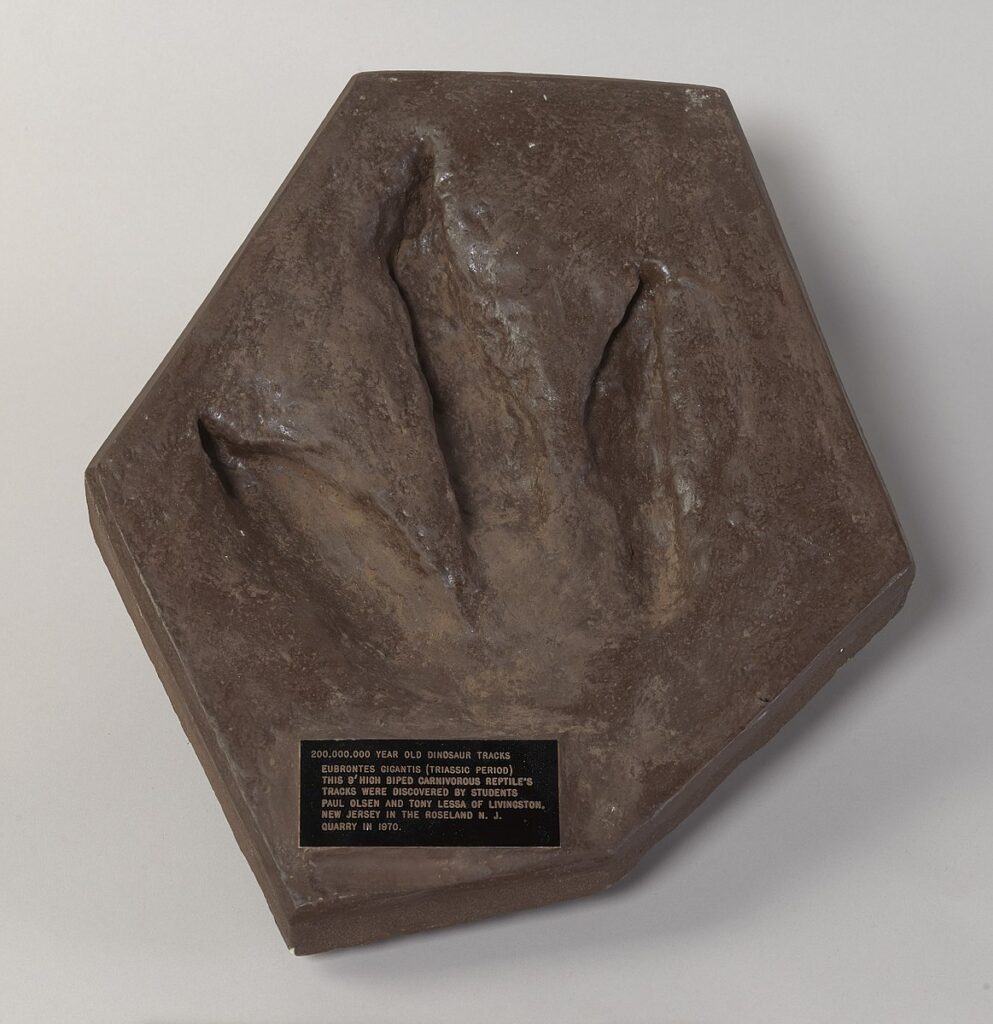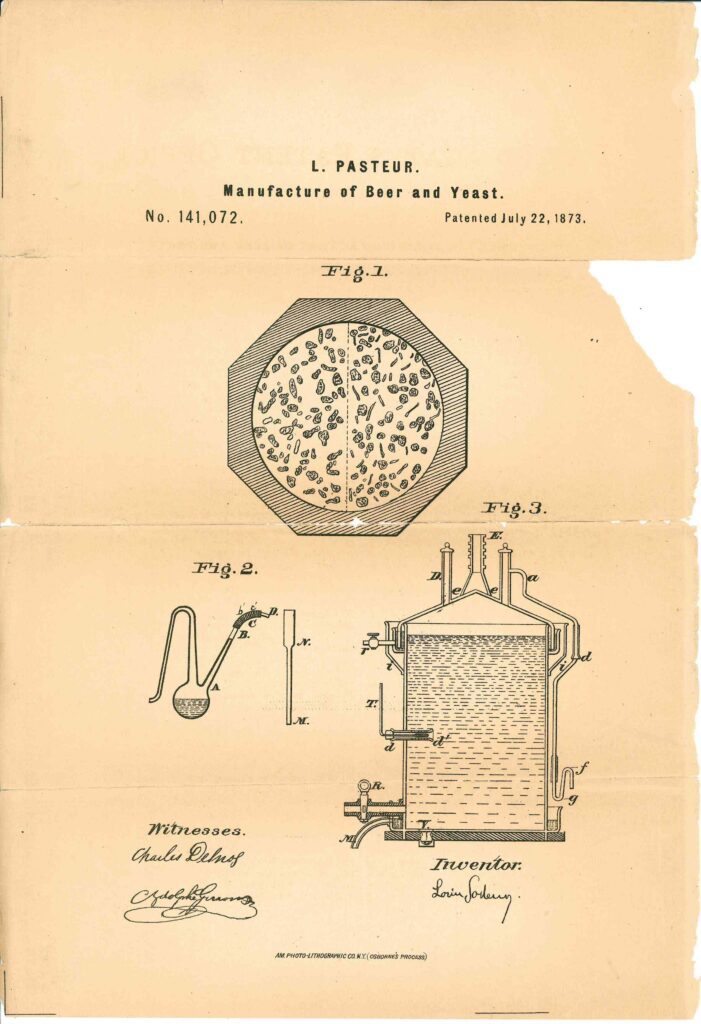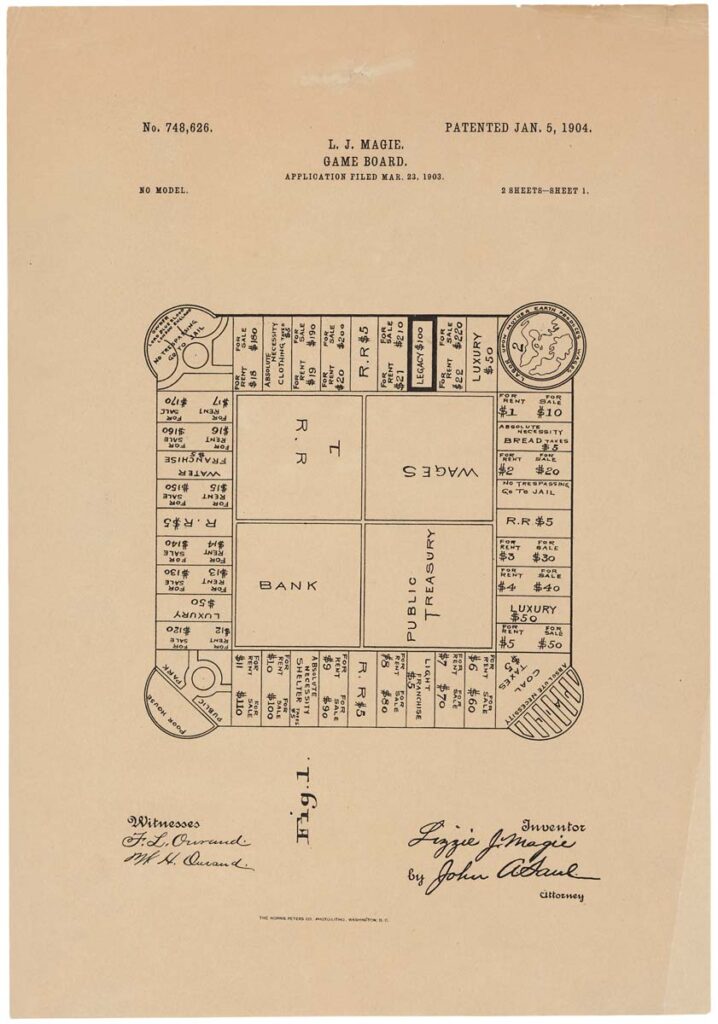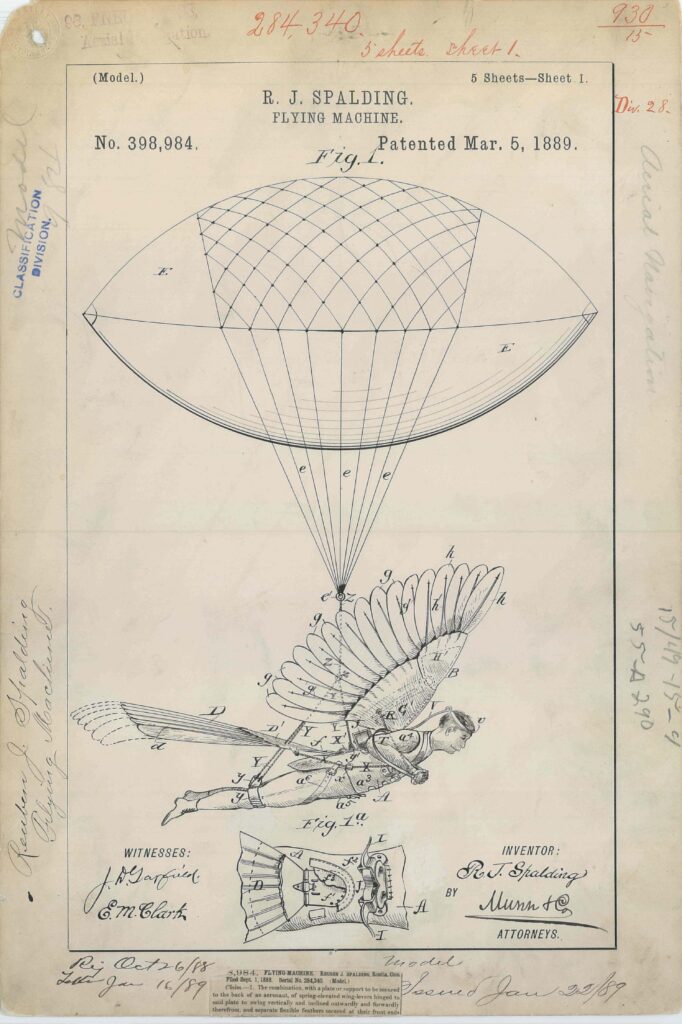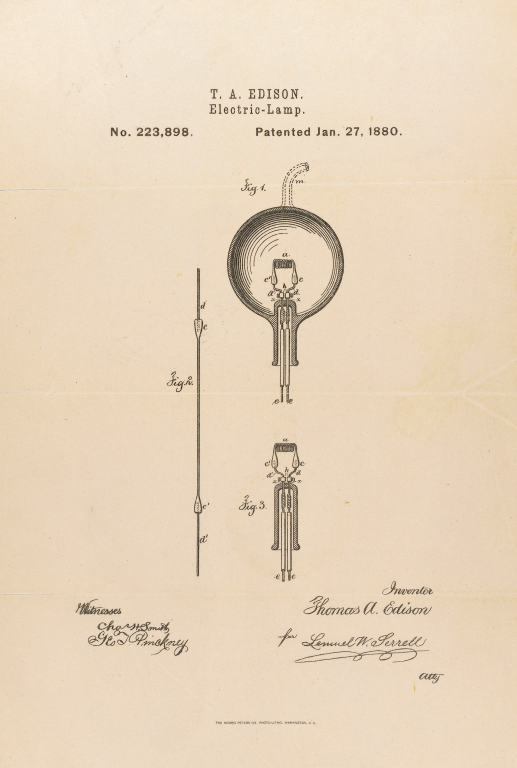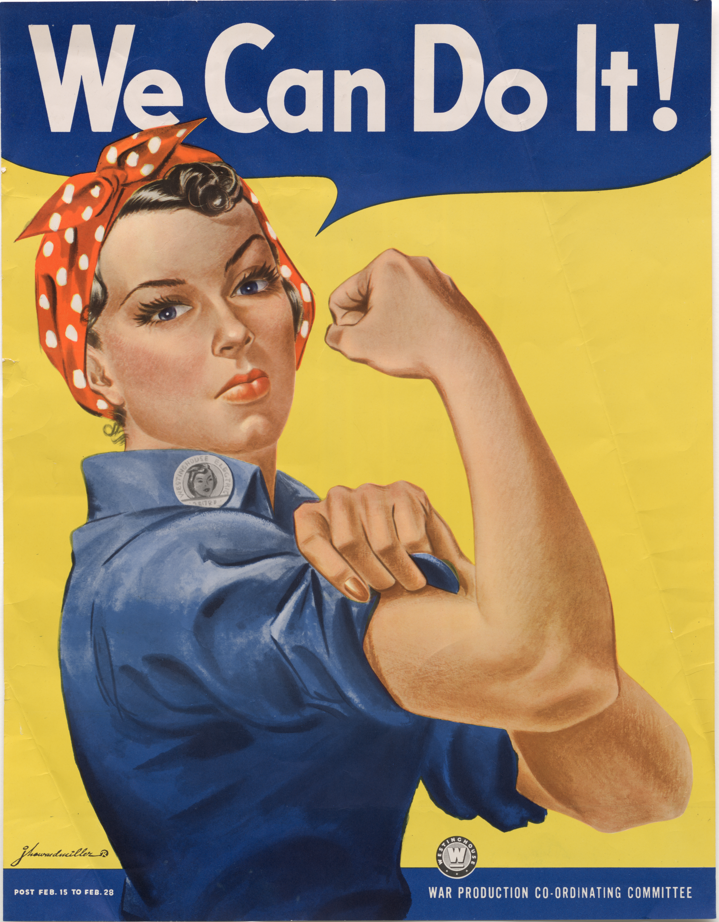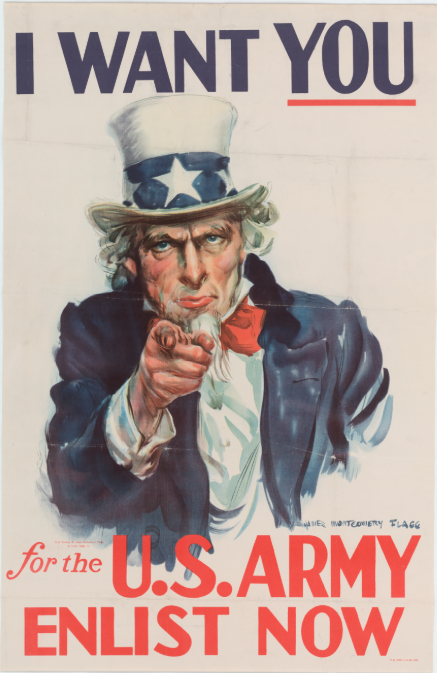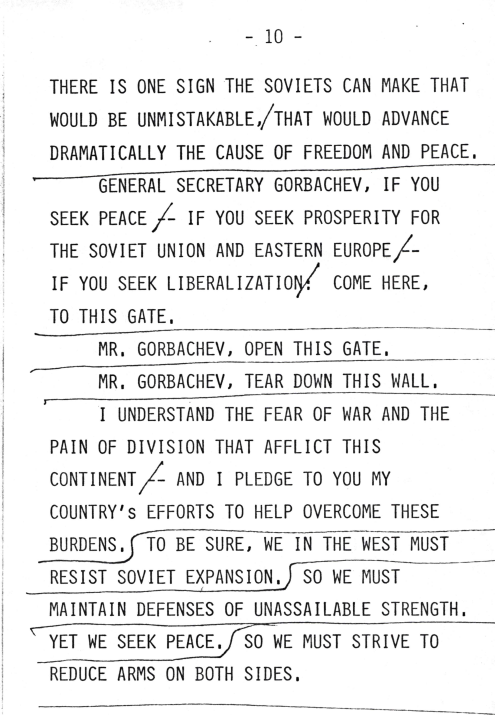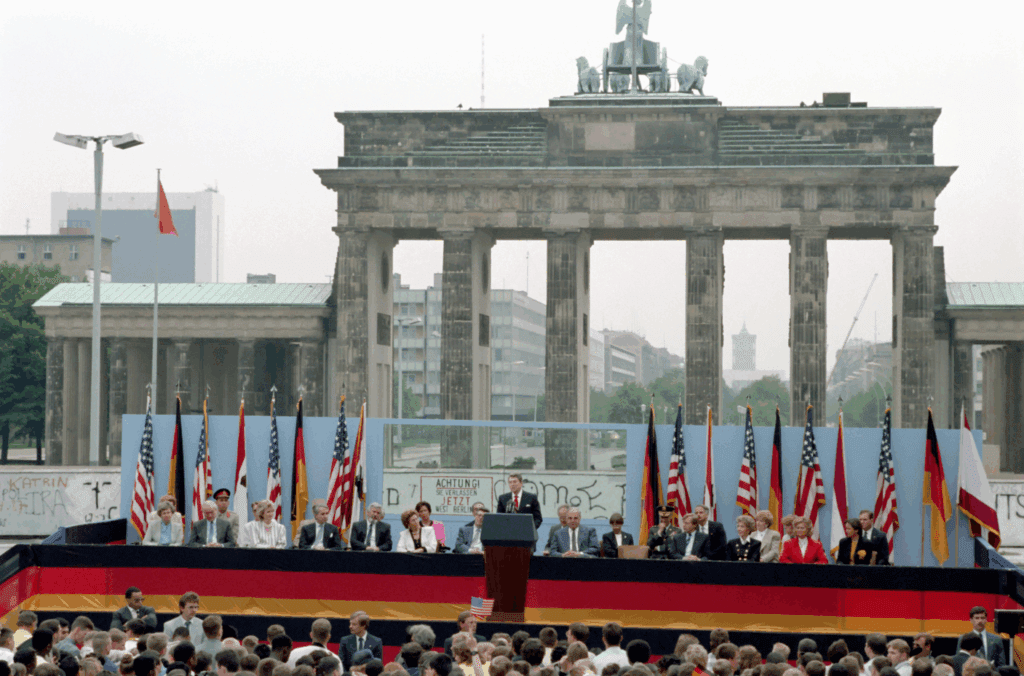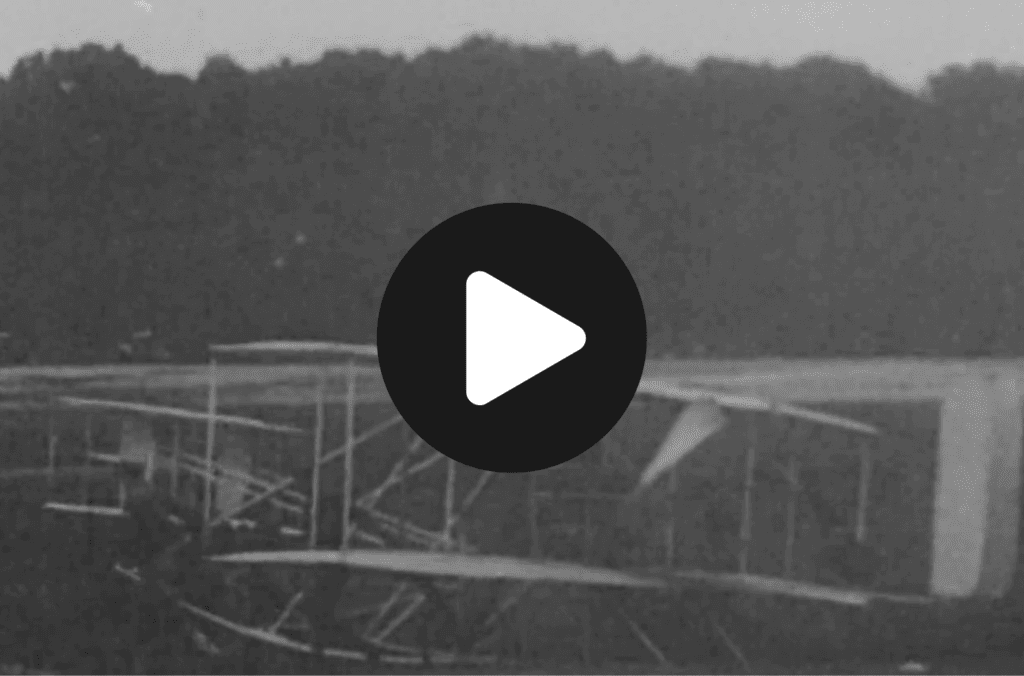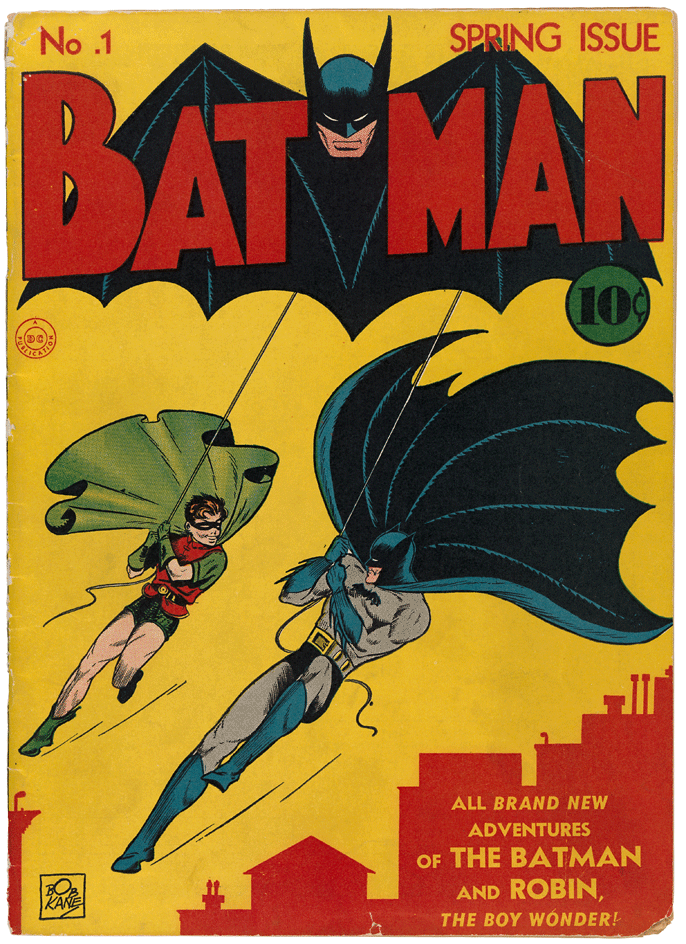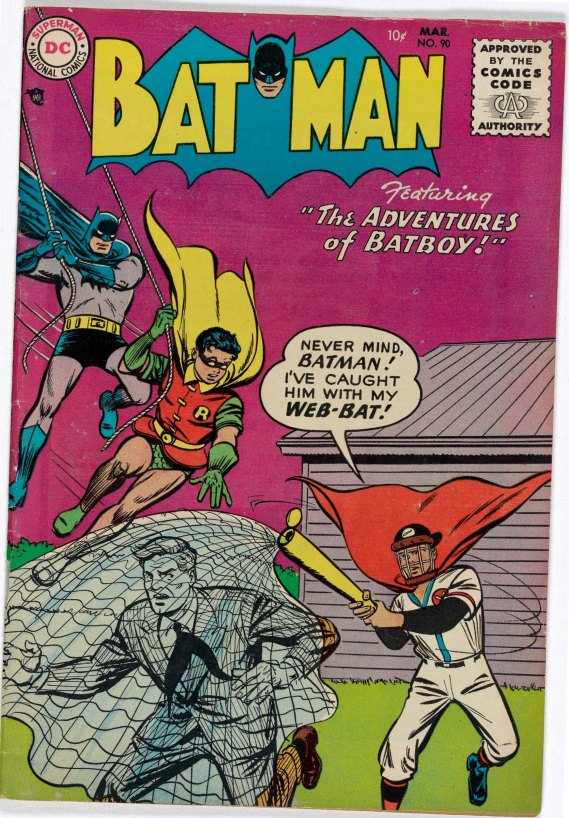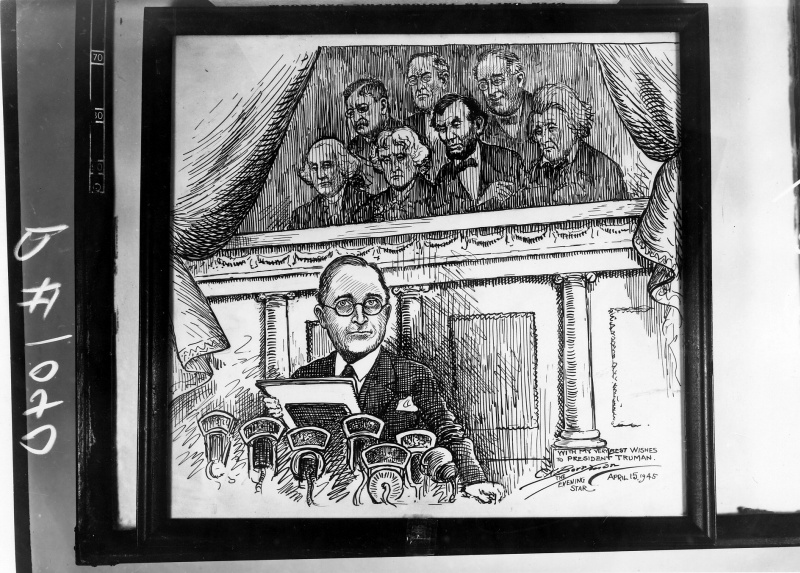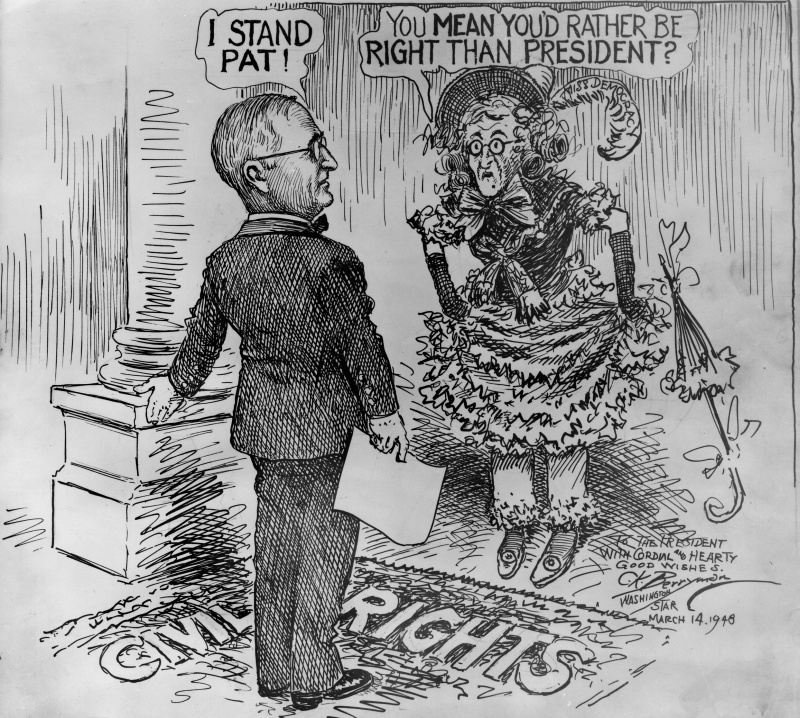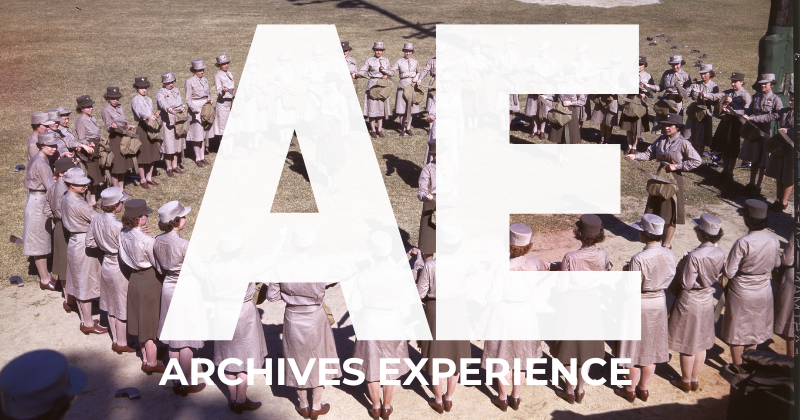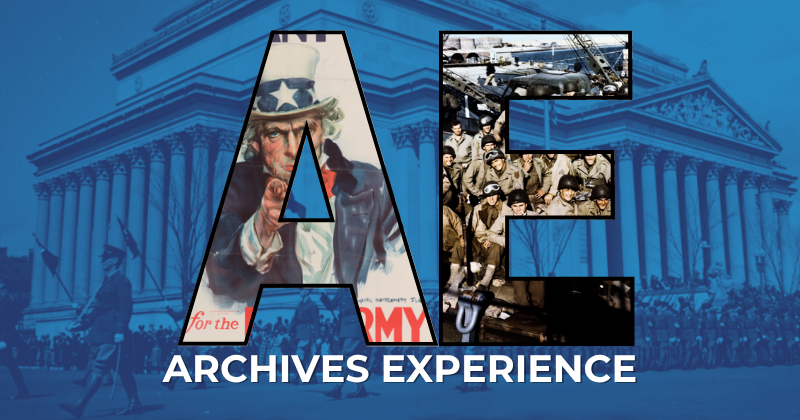Dive into the Archives with America’s 100 Docs!
What does the Wright Flyer patent have to do with the 14th Amendment? What throughline connects the Articles of Confederation to President Reagan’s “tear down this wall” speech at the Brandenburg Gate? All these iconic moments in history are contained in the stacks, microfilm, and holdings of the National Archives. So we found a way to showcase the breadth and depth of the National Archives, and we want your input!
Introducing America’s 100 Docs, the game that invites the American people to vote on 100 of the most significant documents found in the National Archives—from the nation’s founding to 9/11.
National voting will determine the top 16 documents that make it to a final voting challenge in early 2026, when only ONE will be voted America’s most significant document—and just in time for the country’s 250th birthday in July 2026. Cast your vote today!
While the game spotlights 100 notable documents, did you know the National Archives holds over 40 billion records? That’s right—billions! From quirky artifacts to iconic audio clips, clever cartoons to colorful posters, let’s explore the plethora of historical records that capture the story of our nation.
Artifacts and Presidential Gifts
The National Archives’ holdings aren’t limited to 13.5 billion pieces of ye olde parchment paper—they include unexpected and unique artifacts that offer surprising insights into our country’s rich history.
For instance, below is the original treaty for the 1803 Louisiana Purchase (a document featured in America’s 100 Docs!)—that doubled the size of the United States and opened the West for expansion—and a cipher disk developed by Major Albert J. Myer, a U.S. Army surgeon, to protect Union Army communications during the Civil War.
The National Archives also preserves presidential gifts, which are considered gifts to the nation rather than any individual President. Below are two presidential gifts: a replica of a dinosaur footprint impression, gifted to President Richard Nixon in 1972, and cowboy boots gifted to President Dwight Eisenhower from Zeferino and Eli Rios in 1953.
Patents to Posters
There are millions of patents in the National Archives, dating from the country’s early years through the late 20th century. Check out just a handful of them below.
Patents will be at the center of a new gallery, The Spirit of Invention, in the National Archives Museum’s new permanent exhibit, The American Story, opening to the public in October 2025.
Thomas Edison's patent application for the light bulb, 1880 (included in America’s 100 Docs!)
Over 50,000 posters are included in the National Archives’ Still Picture holdings, including many posters created during the two World Wars to recruit civilian support for the war effort. See two famous posters from World War I and World War II below, both of which are included in America’s 100 Docs.
American Audio and Film
Did you know that the National Archives also preserves audio files and over 450 million feet of film—enough to circle the Earth almost 3.4 times?
These records capture iconic, historical moments that mark important turning points for the country and the world writ large. Audio files such as the “Tear Down This Wall” speech (skip to 31:25 to hear these momentous words)that President Ronald Reagan delivered on June 12, 1987, at the Brandenburg Gate in West Berlin can be accessed in the National Archives catalog. You can also find photos, videos, transcripts, and other records that represent significant national moments in the National Archives online catalog.
The National Archives is also home to records that have helped critically acclaimed films come to life. From Saving Private Ryan (1998) to Lincoln (2012) to Killers of the Flower Moon (2023), directors and actors have turned to its primary sources to bring complex American stories to the big and small screens.
Comicbooks and Cartoons
American comic books and cartoons also play an important part in telling the nation’s history. That’s why the National Archives preserves these visual forms of storytelling, which can reflect the political or cultural ideals of the country at a specific point in time.
Explore the collection of Clifford Berryman, a Pulitzer-prize winning political cartoonist, which is held in the National Archives.
Many more records are waiting to be discovered in the Archives. What will you find?
Related Content
